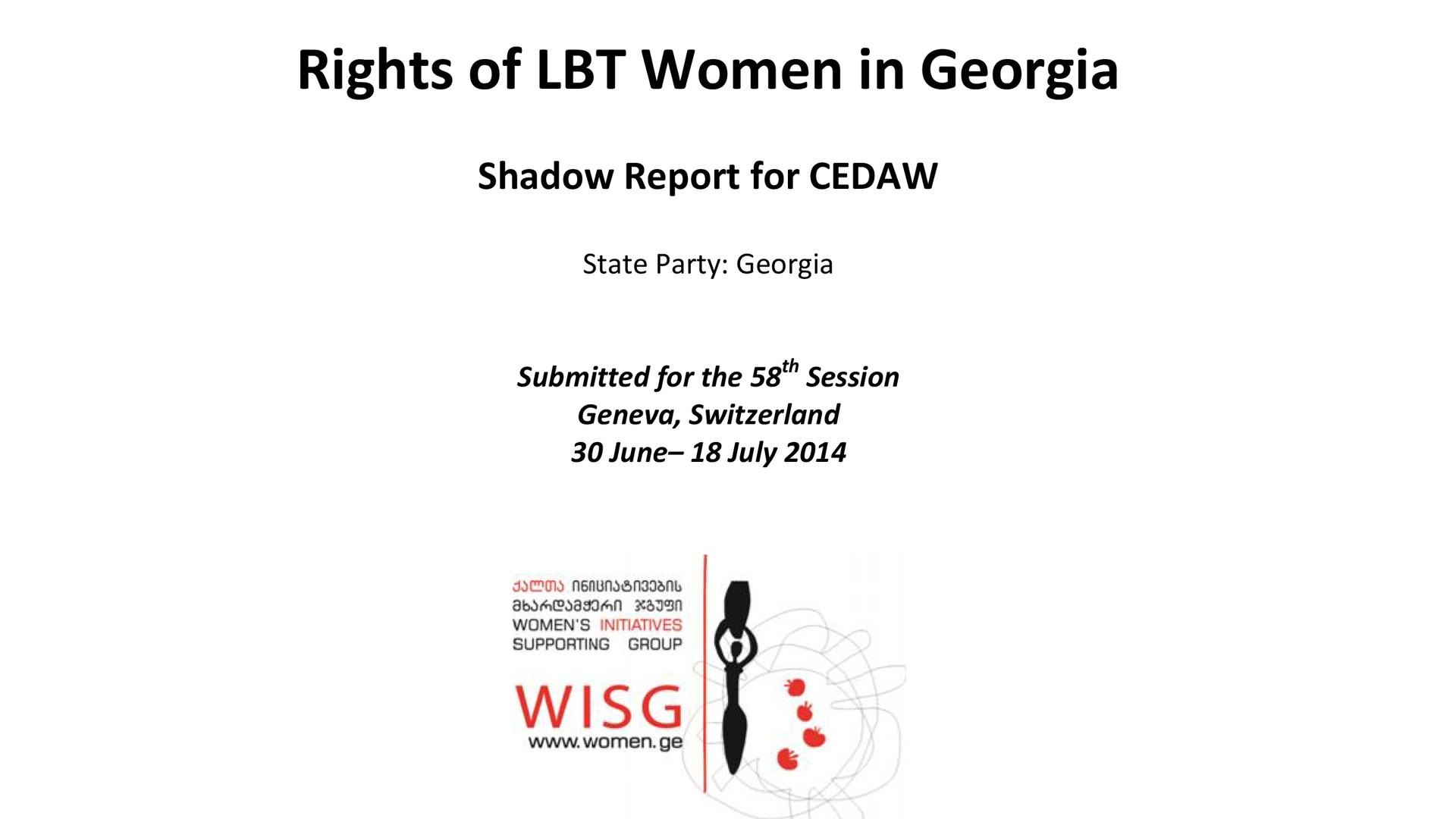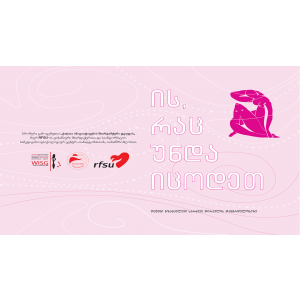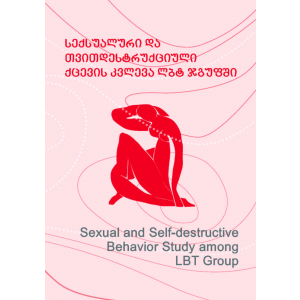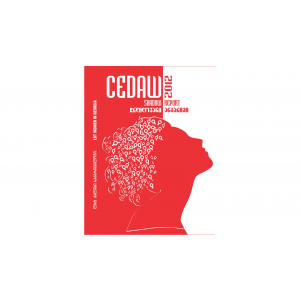This report focuses on gaps and deficiencies in the law, as well as practice which undermine protection of LBT women’s rights in Georgia, where LBT women are victims of double dicsrimination - based on their sex, as well as sexual orientation/gender identity. Rootcauses of this discrimination and violence against LBT women lie in deeply rooted gender stereotypes and conservative moors of the society, gaps and shortcomings in the legislation and indifferent state policy towards women in general and LBT women in particular. The fact that the state report for CEDAW does not even cover LBT women as such is a clear indication that LBT women are one of the most marginal and invisible groups of the society.
The report relies on the methodology devised by IGLHRC (International Gay and Lesbian Human Rights Commision). Informtion in the report is organized according to the articles of the CEDAW Convention and further indicates relevant provision from Yogyakarta Principles. The report is based on materials collected and documented by WISG: cases of human rights violations of LBT women in Georgia, interviews and focus groups conducted with community members, NGOs working on LBT rights and other related issues, a representative of the Public Defender’s Office in Georgia and other experts, results of media monitoring of homophobic hate speech conducted by WISG in 2003-201, WISG’s discrimination study conducted in 2012, results of monitoring of CM/rec(2010)5 reccommendation in Georgia (2013) and other reports by international stakeholders.
This report was prepared by Women’s Initiatives Supporting Group (WISG) with financial support of the “Open Society – Georgia Foundation.”
Women’s Initiatives Supporting Group (WISG) is a non-governmental organization working on women’s rights in Georgia. WISG started to work on the issue of homophobia in 2002. Since 2003 WISG has been working on research and analysis of homophobic hate speech in Georgian media. Since 2005 its women’s rights program has been focusing on LBT women’s empowerment in Georgia.
The electronic version of the report can be found and downloaded here.







